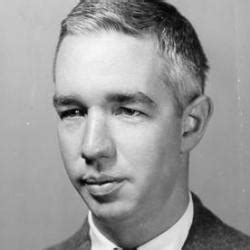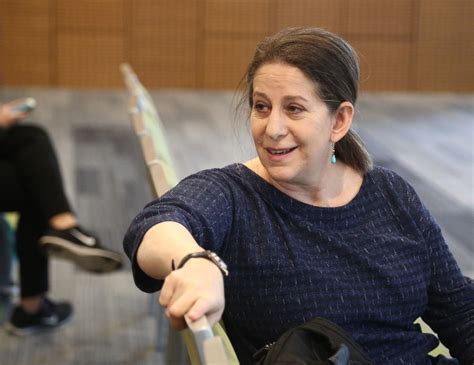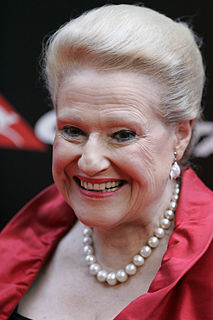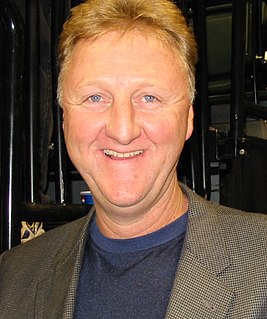A Quote by Christine Feehan
I'll be damned if I apologize for the choices I've made. They were hard decisions, but I had good reasons for making them.
Quote Topics
Related Quotes
If we decide rightly what to do, or use a correct procedure for making such decisions, that has to be because the decisions or the procedure rest on good reasons, and these reasons consist in the apprehension of truths about what we ought to do. Because these truths must constitute reasons for our decisions, and because in the rational order, reasons must always precede the decisions based on them, the truth conditions of claims about what we ought to cannot be reduced to, or constructed out of, decisions about what to do, or procedures for making such decisions.
Many of life's decisions are hard. What kind of career should you pursue? Does your ailing mother need to be put in a nursing home? You and your spouse already have two kids; should you have a third?such decisions are hard for a number of reasons. For one the stakes are high. There's also a great deal of uncertainty involved. Above all, decisions like these are rare, which means you don't get much practice making them. You've probably gotten good at buying groceries, since you do it so often, but buying your first house is another thing entirely.
The modern joint stock firm is the outcome of innumerable decisions made by individual entrepreneurs, owners and managers. For these decision makers the choices among alternatives were limited and the outcomes uncertain, but almost always there were choices. Despite the variability of these individual decisions, taken cumulatively they produced clear patterns of institutional change
North Korean defectors often find it hard to settle down. It is not easy for somebody who’s escaped a totalitarian country to live in the free world. Defectors have to rediscover who they are in a world that offers endless possibilities. Choosing where to live, what to do, even which clothes to put on in the morning is tough enough for those of us accustomed to making choices; it can be utterly paralyzing for people who’ve had decisions made for them by the state their entire lives.
I was always making decisions and they were easier decisions because I had control of the game, I had control of the ball. As a coach you sort of put the ball in other player's hands and let them make decisions for you. But I still get a kick out of winning basketball games and that's what I'm in this for.
But, finally, I had to open my eyes. I had to stop keeping secrets. The truth, thankfully, is insistent. What I saw then made action necessary. I had to see people for who they were. I had to understand why I made the choices I did. Why I had given them my loyalty. I had to make changed. I had to stop allowing love to be dangerous. I had to learn how to protect myself. But first… I had to look
Every choice you make as an actor ends up being really influential on your life, because you're spending a lot of time working on this project, and you want to make sure you're making good choices and you're not making them for the wrong reasons. I just want to be careful and not jump into anything.
Part of making good decisions in business is recognizing the poor decisions you've made and why they were poor. I've made lots of mistakes. I'm going to make more. It's the name of the game. You don't want to expect perfection in yourself. You want to strive to do your best. It's too demanding to expect perfection in yourself.
People "died" all the time. . . . Parts of them died when they made the wrong kinds of decisions-decisions against life. Sometimes they died bit by bit until finally they were just living corpses walking around. If you were perceptive you could see it in their eyes; the fire had gone out. . . you always knew when you made a decision against life. The door clicked and you were safe inside-safe and dead.
I look at my yesterdays for months past, and find them as good a lot of yesterdays as anybody might want. I sit there in the firelight and see them all. The hours that made them were good, and so were the moments that made the hours. I have had responsibilities and work, dangers and pleasure, good friends, and a world without walls to live in.






































